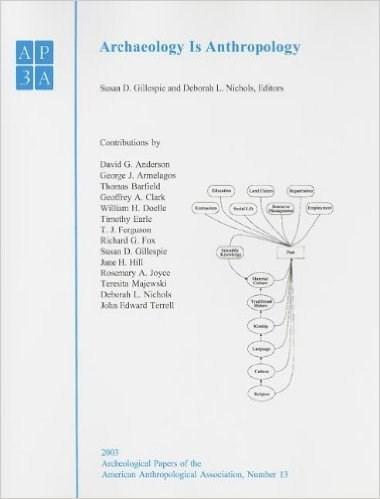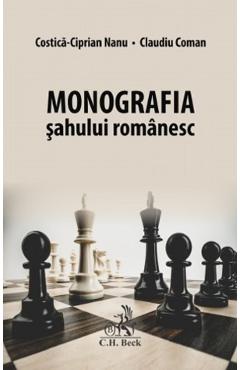- Informatii telefonice:(+40) 748 400 200
Archaeology is Anthropology | S. Gillespie
Cod intern: xsales_1391119Producator: John Wiley And Sons Ltd
Vizualizari: 22 / Achizitii: 17
Stoc: In stoc
Pret: 147.0 RON
Acest produs este publicat in categoria Librarie la data de 15-03-2025: 10:03 si vandut de Carturesti. Vanzatorul isi asuma corectitudinea datelor publicate. ( alege finantarea potrivita )
-
Produs cu garantie
-
Livrare direct din stocul fizic al Carturesti
-
Retur gratuit minim 14 zile de la data achizitiei
Archaeology and anthropology have come a long way in the past half-century, and the 1950s thinking concerning the relationship between the two is increasingly considered irrelevant. However, the placement of archaeology within the discipline of anthropology has always been uneasy--and was just as much a half-century and more ago as it is now. Is archaeology only now on the brink of "divorce" after decades of pleas for mutual respect and cooperation have finally proven inadequate (Watson 1995)? Is separation the only alternative left to sustain and further archaeology and to finally shake off a second-class status to sociocultural anthropology that archaeologists have long contested (Willey and Sabloff 1993:152)? In what sense can we profess that archaeology is still anthropology? This volume evaluates the reasons proffered for separation against those in favor of maintaining the identity and practice of archaeologists as anthropologists. Arguments for the separation of archaeology from the discipline of which it has been a part for over a century take several different forms, weighing various intellectual factors: historical, methodological, and theoretical. Recent changes in the practice of archaeology and in the organization of professional societies must also be considered



























Scrie parerea ta
Archaeology is Anthropology | S. Gillespie
Ai cumparat produsul Archaeology is Anthropology | S. Gillespie ?
Lasa o nota si parerea ta completand formularul alaturat.
Archaeology and anthropology have come a long way in the past half-century, and the 1950s thinking concerning the relationship between the two is increasingly considered irrelevant. However, the placement of archaeology within the discipline of anthropology has always been uneasy--and was just as much a half-century and more ago as it is now. Is archaeology only now on the brink of "divorce" after decades of pleas for mutual respect and cooperation have finally proven inadequate (Watson 1995)? Is separation the only alternative left to sustain and further archaeology and to finally shake off a second-class status to sociocultural anthropology that archaeologists have long contested (Willey and Sabloff 1993:152)? In what sense can we profess that archaeology is still anthropology? This volume evaluates the reasons proffered for separation against those in favor of maintaining the identity and practice of archaeologists as anthropologists. Arguments for the separation of archaeology from the discipline of which it has been a part for over a century take several different forms, weighing various intellectual factors: historical, methodological, and theoretical. Recent changes in the practice of archaeology and in the organization of professional societies must also be considered
Acorda un calificativ